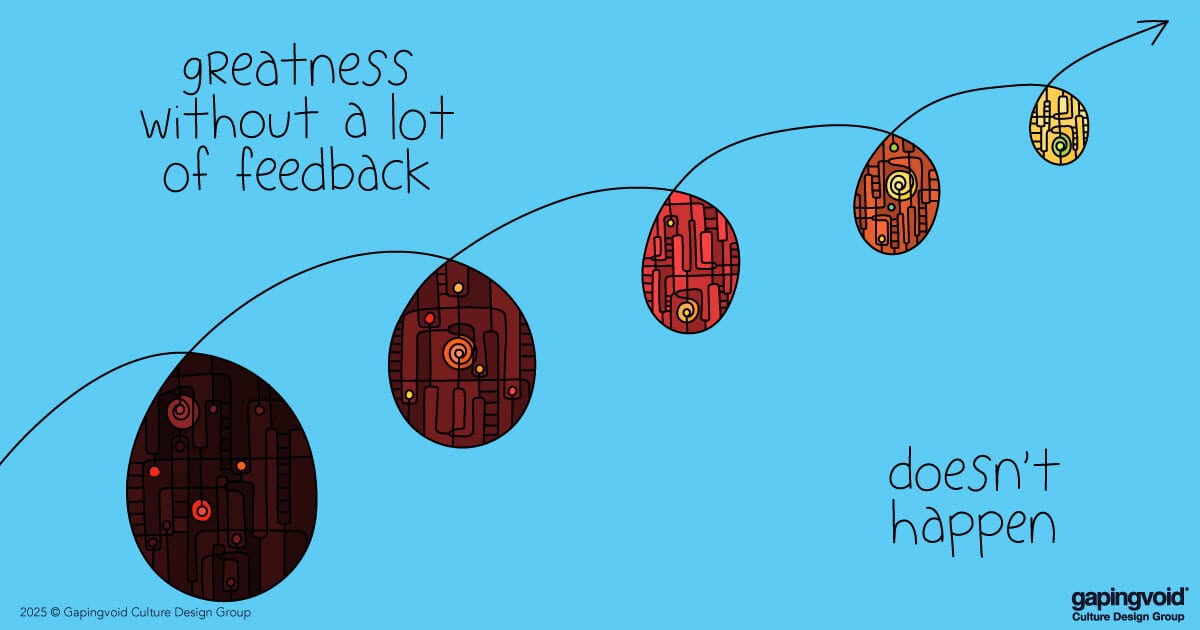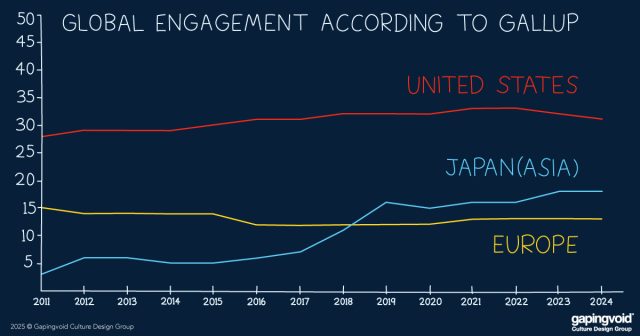
Have you ever noticed how some of the best ideas come from spite?
Take potato chips. As the story goes, they were born from a chef’s frustration.
A patron at his fine dining restaurant kept sending back his potatoes, complaining they were too thick.
Surprised, the chef did as the patron asked and sliced them thinner. Out the dish went. And again, the patron sent it back. Not thin enough. This went on for a while until the chef snapped and cut the potatoes so thin you could almost see through them.
The guest loved them. So did the chef. And the potato chip was born.
True story? It doesn’t matter – the lesson does.
Most of us tend to treat feedback like a personal attack. We get defensive. We sulk. We mutter under our breath about “customers who don’t know what they want.”
But the truth is most breakthroughs are rarely a moment of transcendent insight. Usually, they’re just failures we’ve played with until they become something interesting.
The chef could have dismissed the feedback. Instead, his frustration created something entirely new.
The most valuable feedback often feels like a gut punch. But as the lean product development world has proven repeatedly, feedback is a gift. Something to seek out.
Success isn’t about getting it right at the outset. It’s about getting it wrong in increasingly interesting ways.
As James Clear said, “Complaining about not achieving success despite working hard is like complaining about an ice cube not melting when you heated it from twenty-five to thirty-one degrees. Your work was not wasted; it is just being stored. All the action happens at thirty-two degrees.”
Your critics can make you. But only if you let them.



